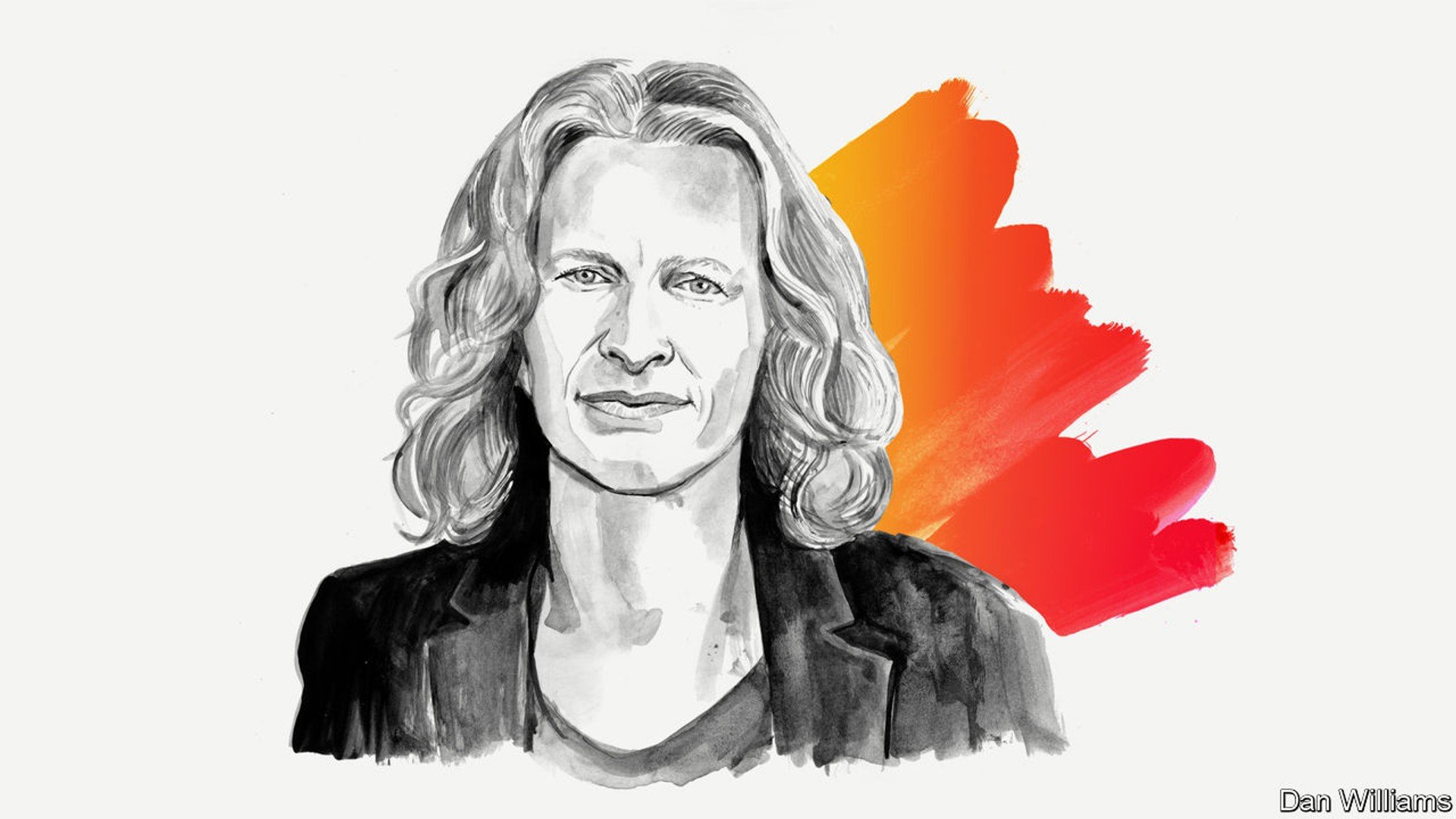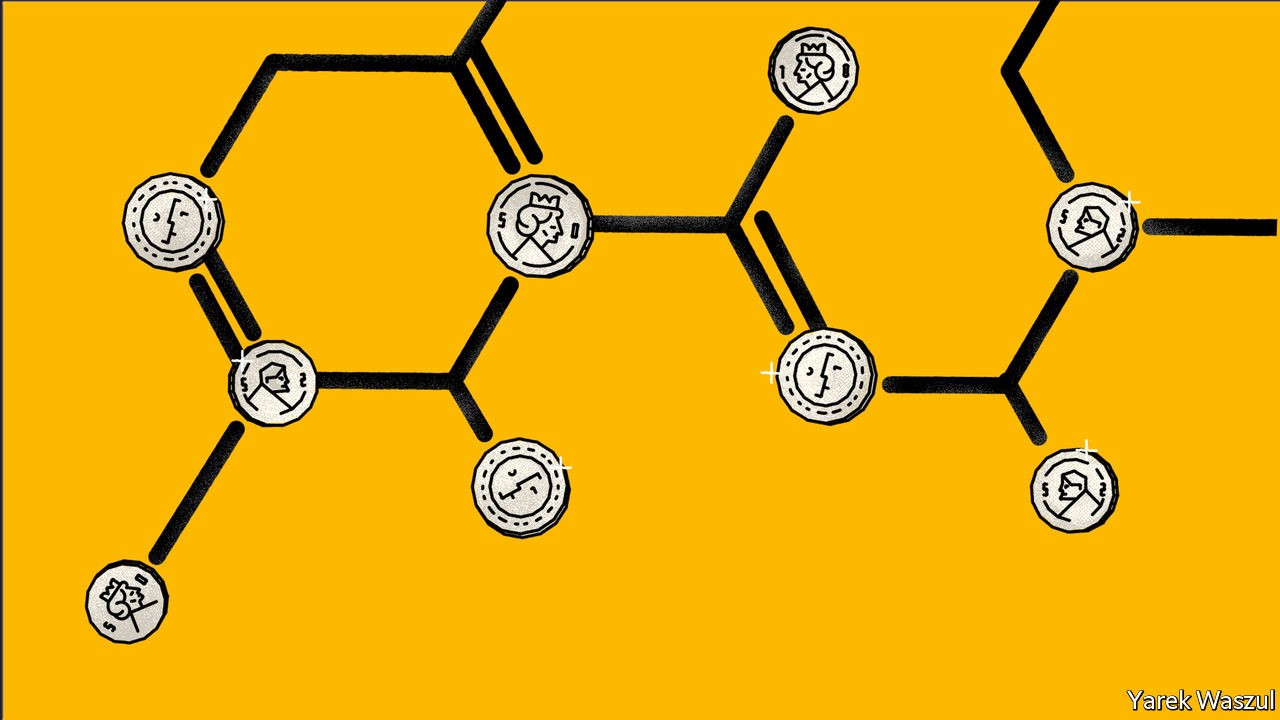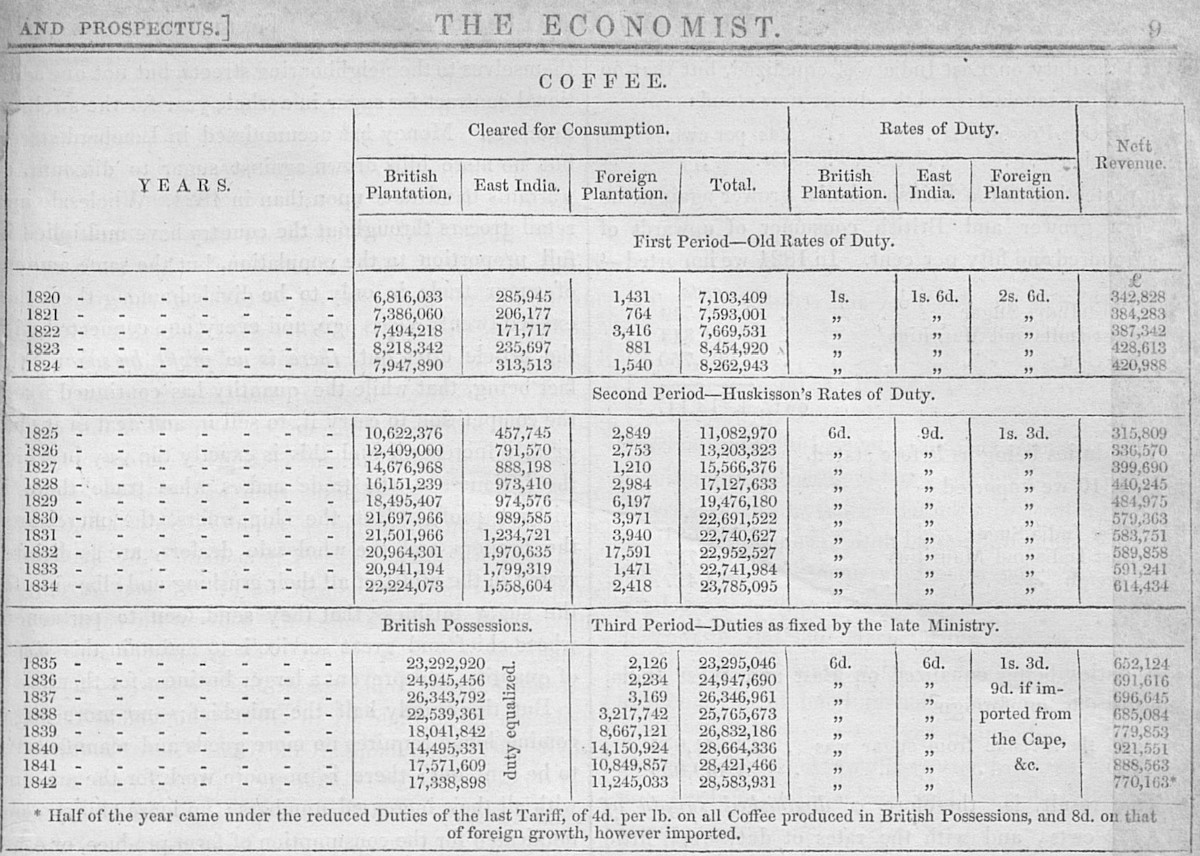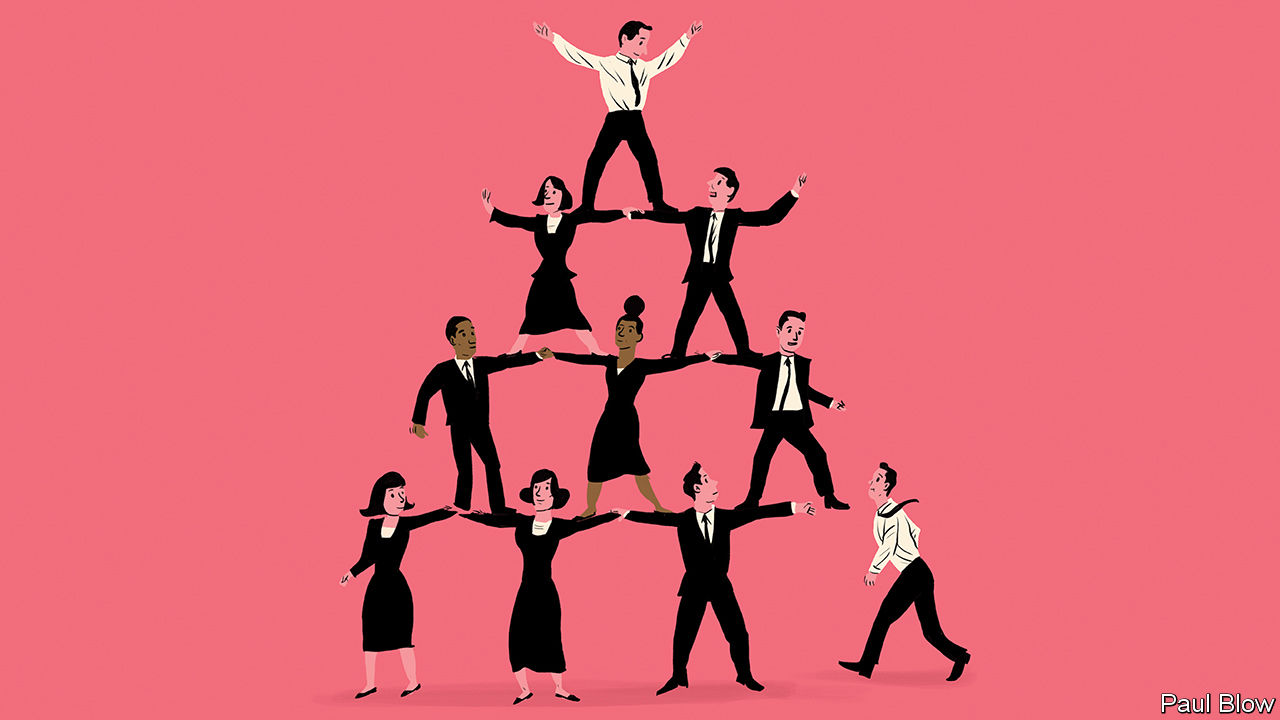Send us a link
Congress is Set to Make a Down-payment on Innovation in America
Federal spending on research is about to get a boost | United States
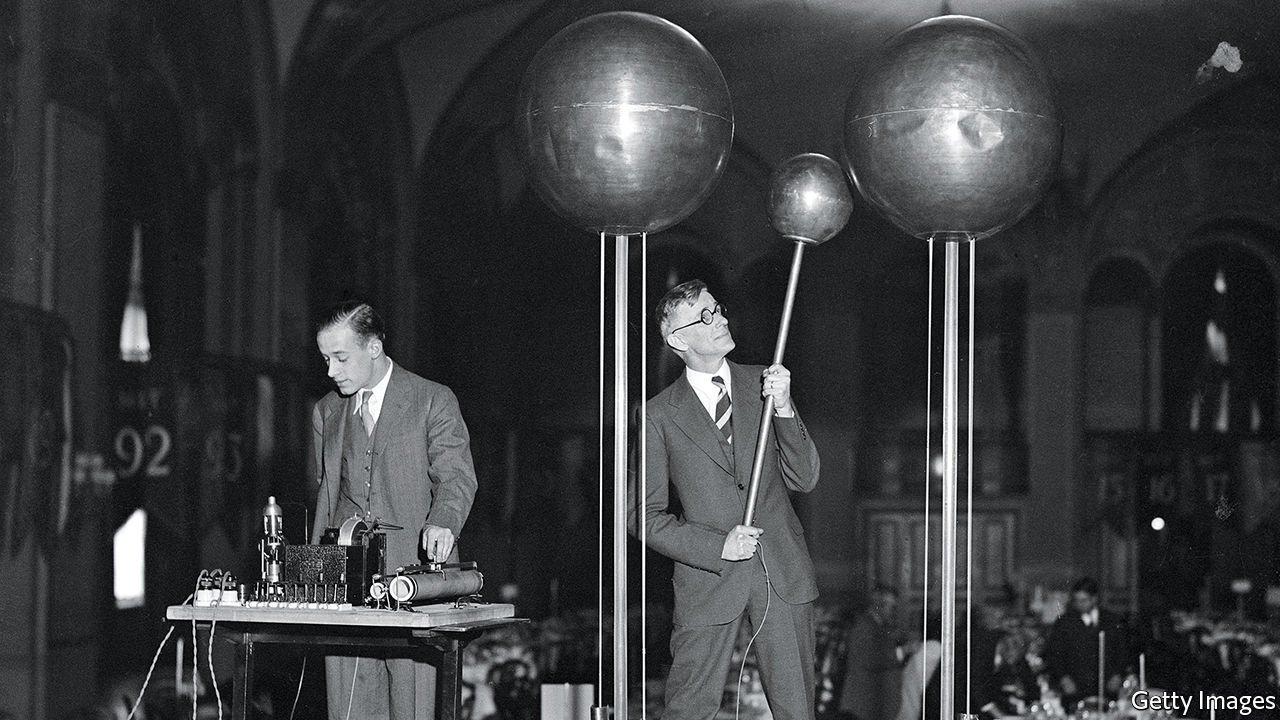
Why Governments Get COVID-19 Wrong
Therapies and vaccines will come, but not for many months. Until then, politicians will have to work on the basics
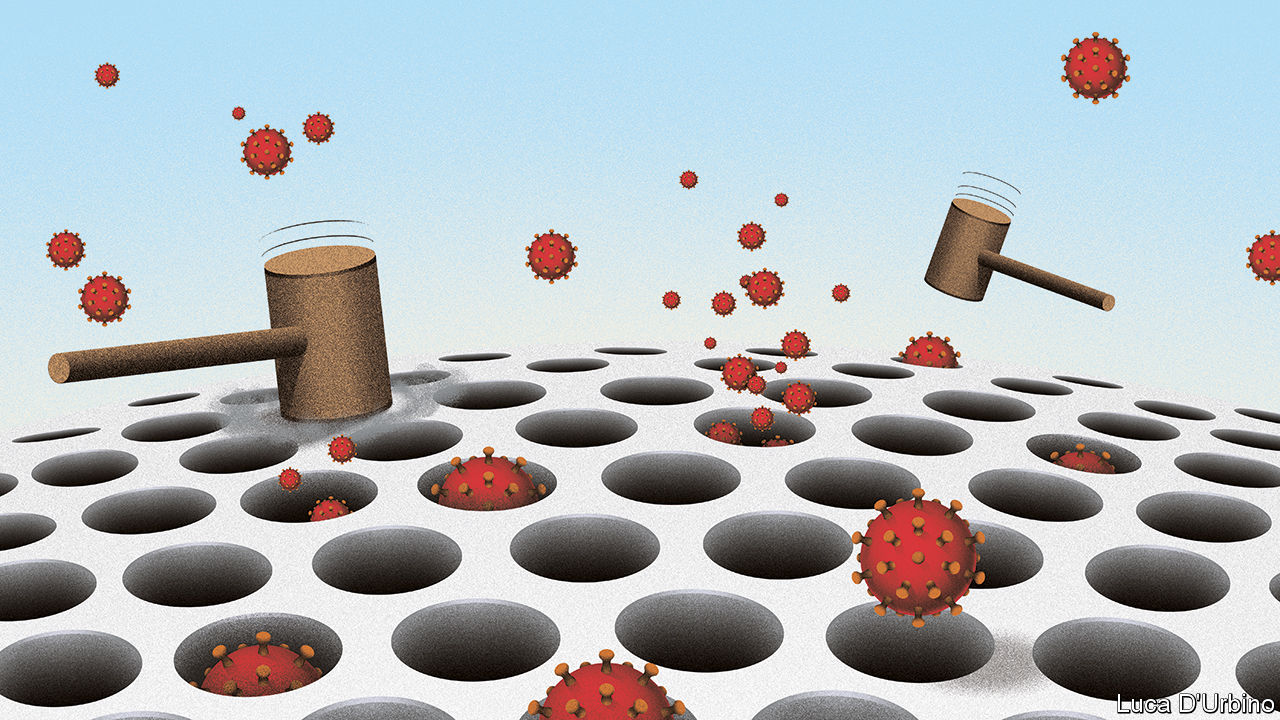
Speeding Up Science During the Pandemic
It is testament to the machinery of science that so much has been learned about covid-19 so rapidly. Since January the number of publications has been doubling every 14 days, reaching 1,363 in the past week alone. They have covered everything from the genetics of the virus that causes the disease to computer models of its spread and the scope for vaccines and treatments. What explains the speed? Much as in other areas of life, covid-19 has burnt away encrusted traditions.
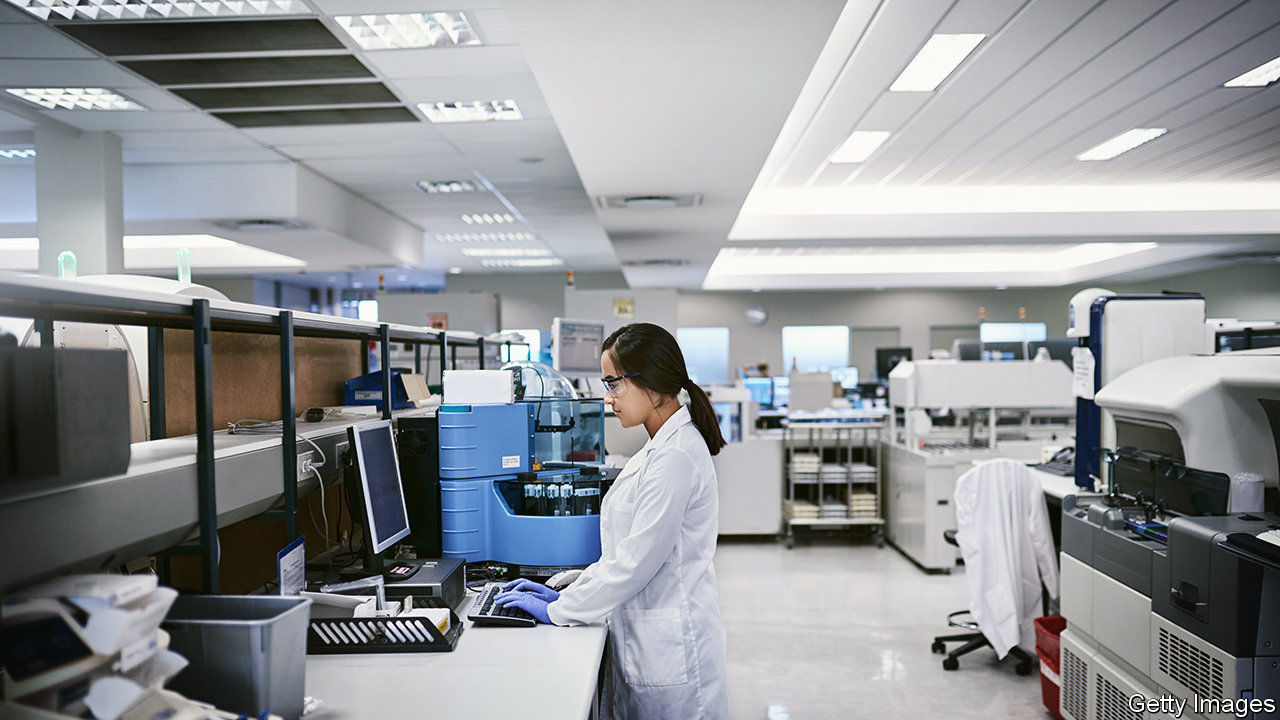
A Debate is Under Way About the Cost of Higher Education
The meaning of a debate about the cost of higher education.
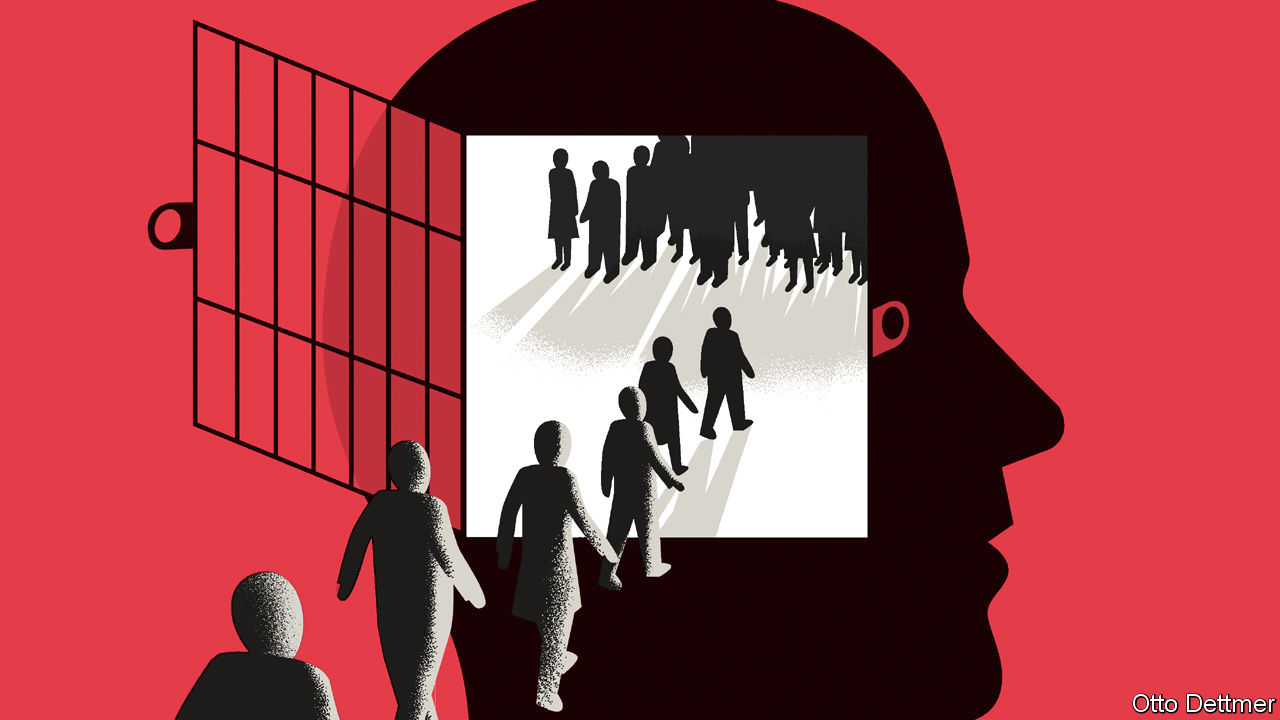
Why Half the Scientists in Some Eastern European Countries Are Women
Just 28% of the world’s researchers are women, but Eastern Europe bucks this global trend. The Soviet legacy is part of the reason.
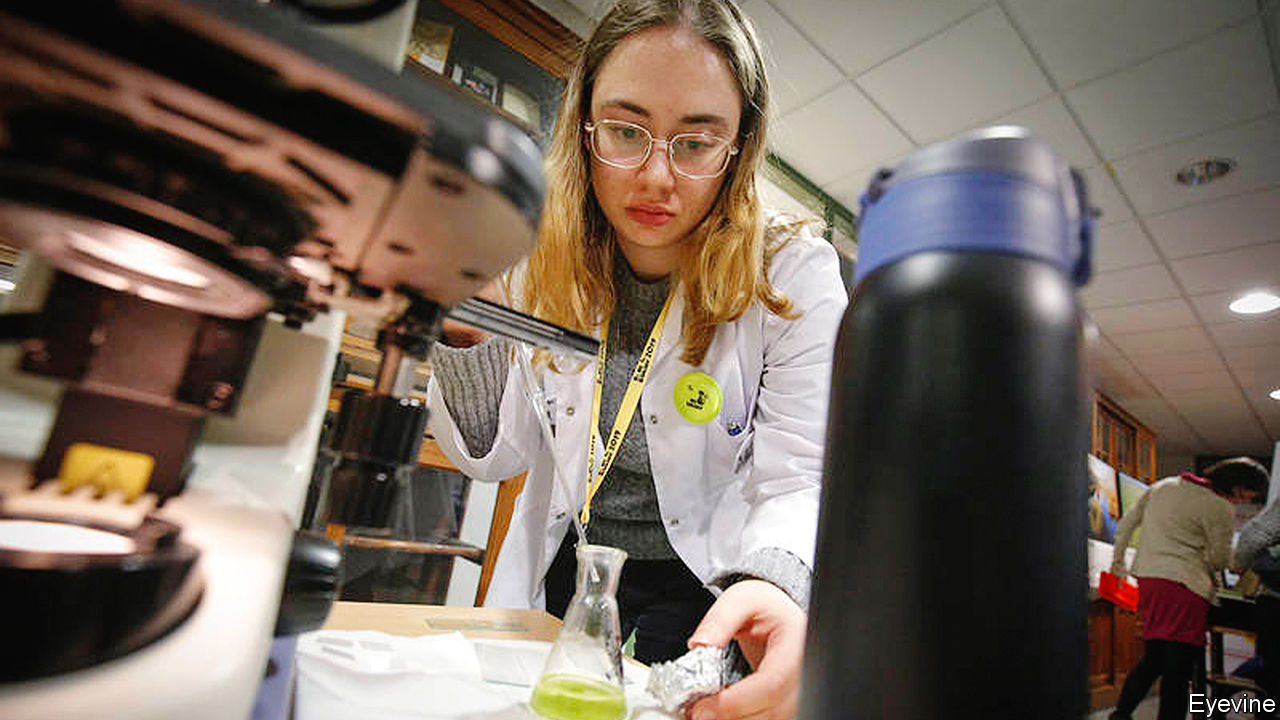
Success in Academia is As Much About Grit As Talent
New research says early failure in the sciences may be beneficial in the long run.
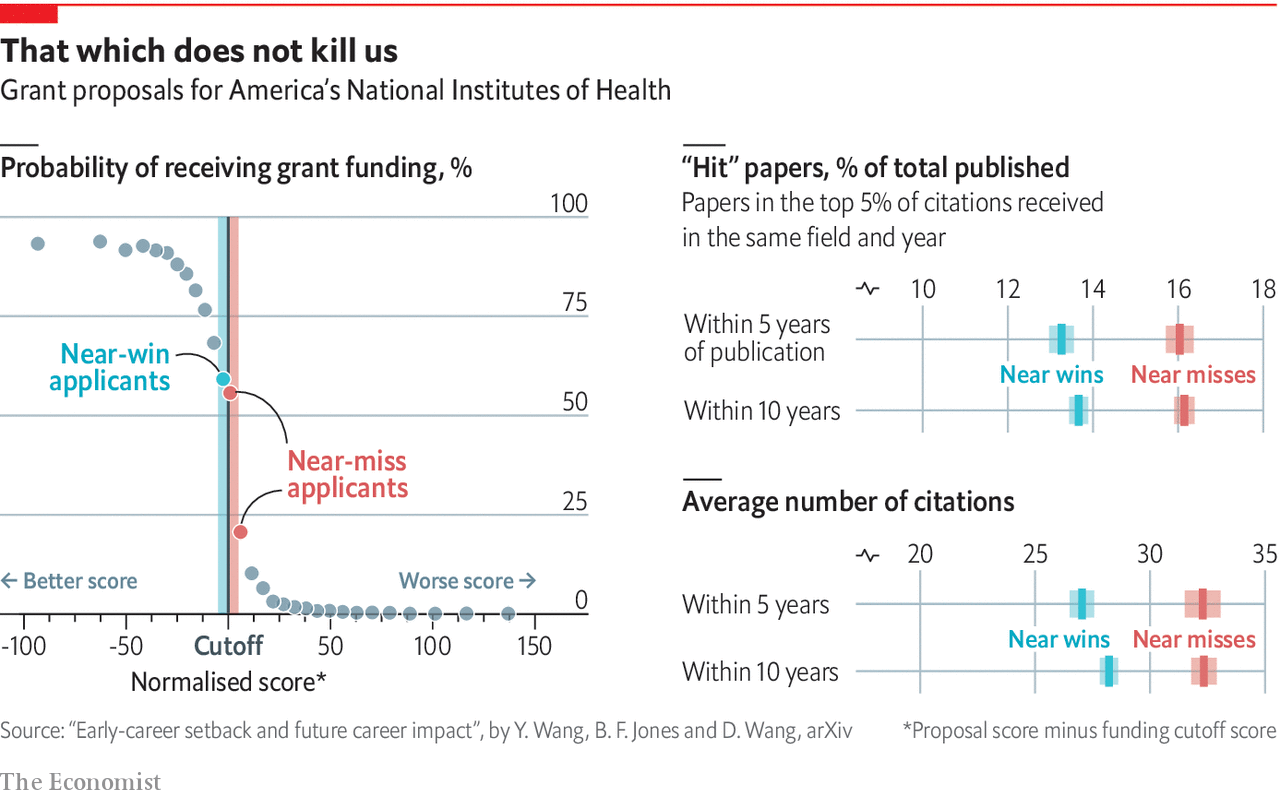
The Fight to Keep Ideas Open to All
The "commons of the mind" must be preserved, says James Boyle, a founding board director of Creative Commons, on the 50th anniversary of "The tragedy of the commons"

Hoax Science
Another set of fake papers takes aim at social science’s nether regions.

An Explosion of Openness Is About to Hit Scientific Publishing
Major European countries are mandating that publicly-funded research should appear only in open-access journals.
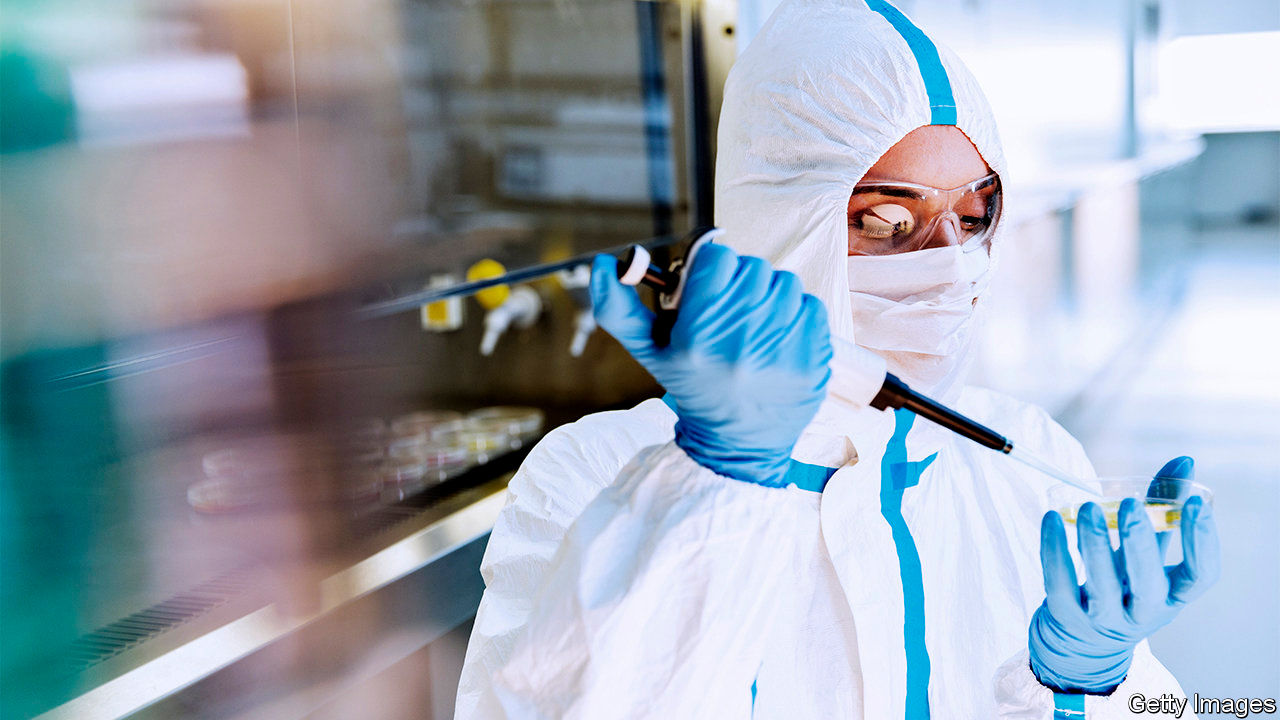
Betting on the Result
Experts are good at betting which scientific experiments can replicate despite some studies not being repeatable.
Some Science Journals That Claim to Peer Review Papers Do Not Do So
Some Science Journals That Claim to Peer Review Papers Do Not Do So
One estimate puts the number of papers in questionable journals at 400'000.
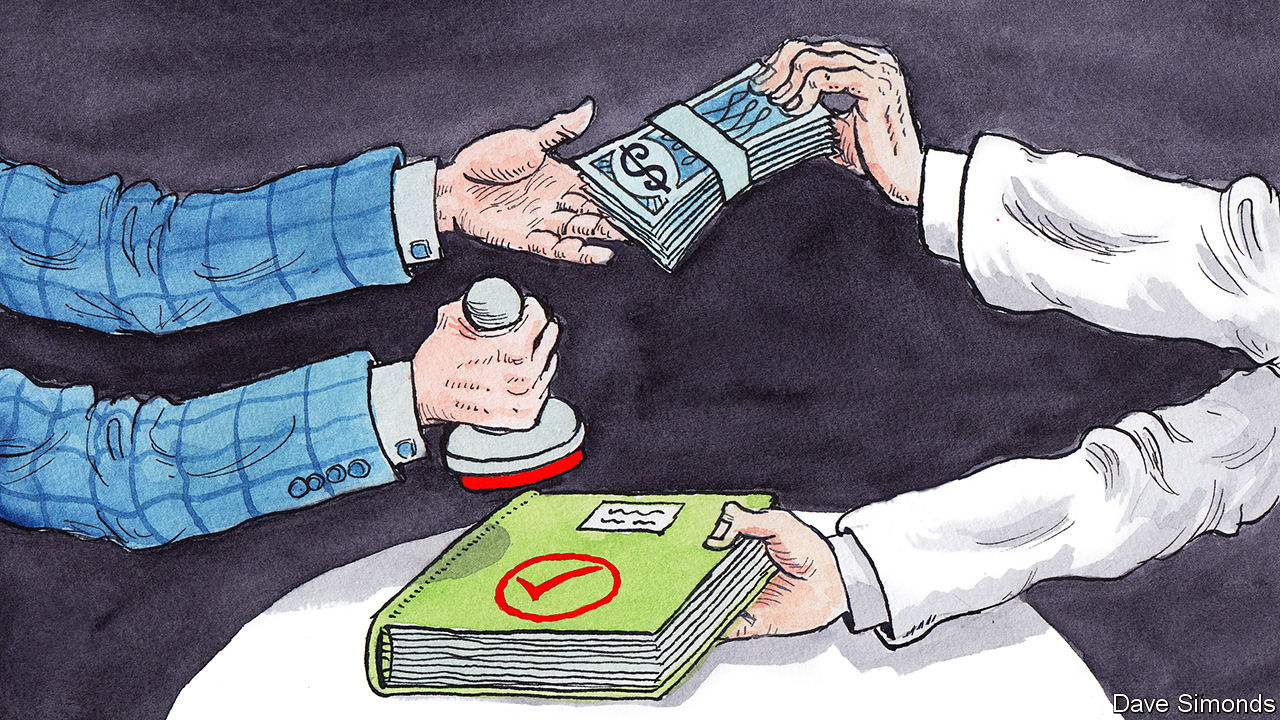
The Hierarchy of Countries Winning Nobels in the Sciences Is Shifting
Nobel-prize data suggest the productivity of American science has fallen.
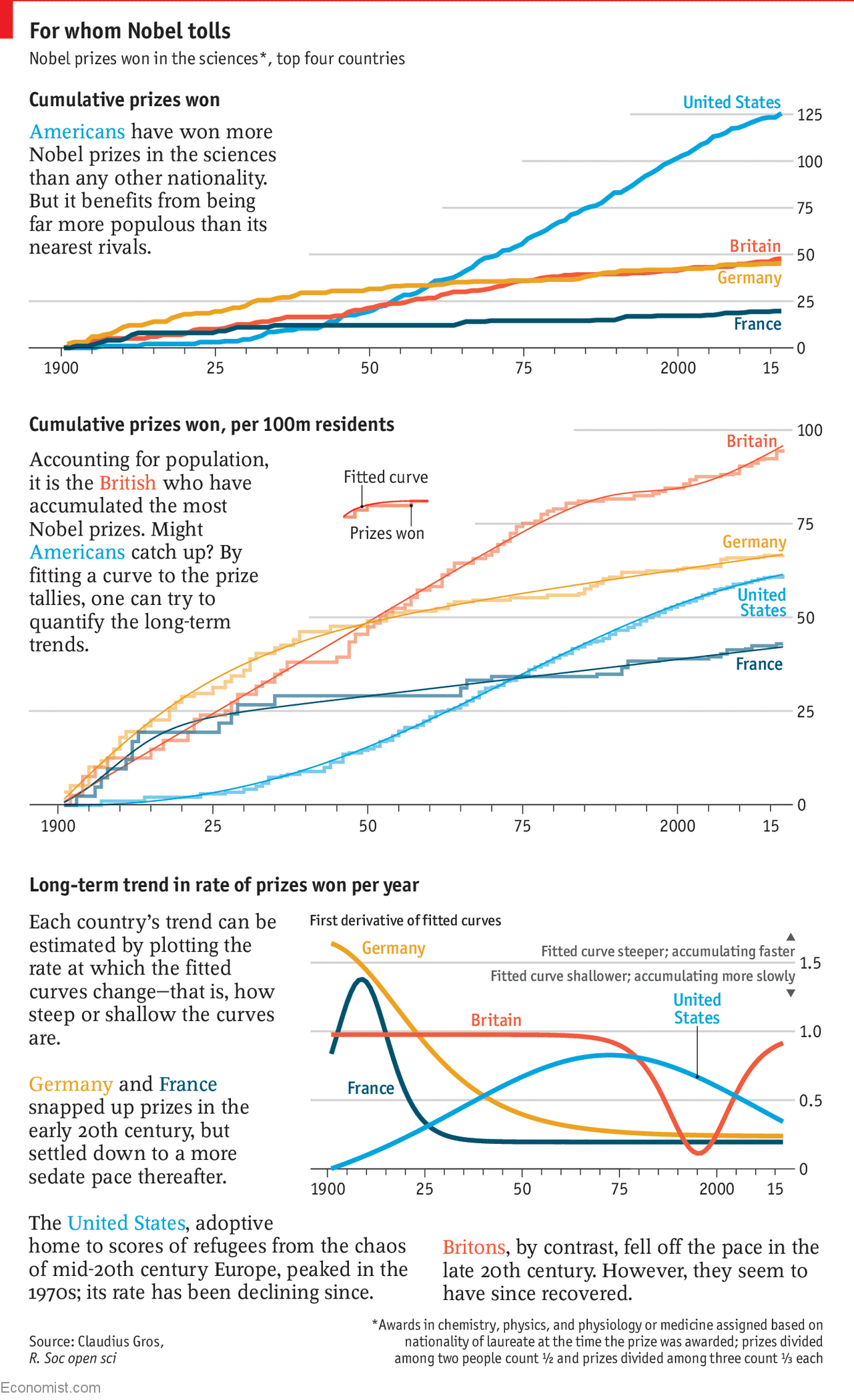
Are Research Papers Less Accurate and Truthful Than in the Past?
That's a myth, as Daniele Fanelli of the London School of Economics suggests in this week’s PNAS.
Do-It-Yourself Science Is Taking Off
A growing movement seeks to make the tools of science available to everyone (including you).
Research Suggests Students Are Biased Against Female Lecturers
How long does that prejudice last?
How Science Got Women Wrong
Why the view that women are gentle, caring and empathetic, whereas men are strong, rational and dominant, is misguided.
Websites Offering Pirated Papers Are Shaking up Science
Musicians and moviemakers are not the only ones to suffer from internet piracy.
A Thankless Job That One Firm Wants to Change
Publons wants scientists to be rewarded for assessing others’ work.
Teaching Robots Right from Wrong
Artificial intelligence is outperforming the human sort in a growing range of fields – but how do we make sure it behaves morally?
The Remarkable Promise of Cell-Free Biology
New technologies could deliver the benefits of nature without the hassle of life
Silicon Valley’s Sexism Problem
Venture capitalists are bright, clannish and almost exclusively male
The Shackles of Scientific Journals
It is common practice for medical researchers to hoard results for months or years until research is published in an academic journal. Even then, the data underpinning a study are often not made public.
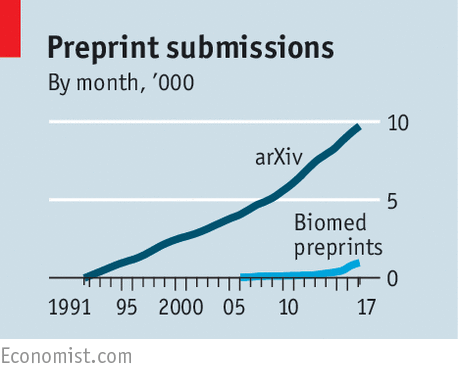
The Findings of Medical Research Are Disseminated Too Slowly
Papers reporting Gates-sponsored research cannot be charged for.
